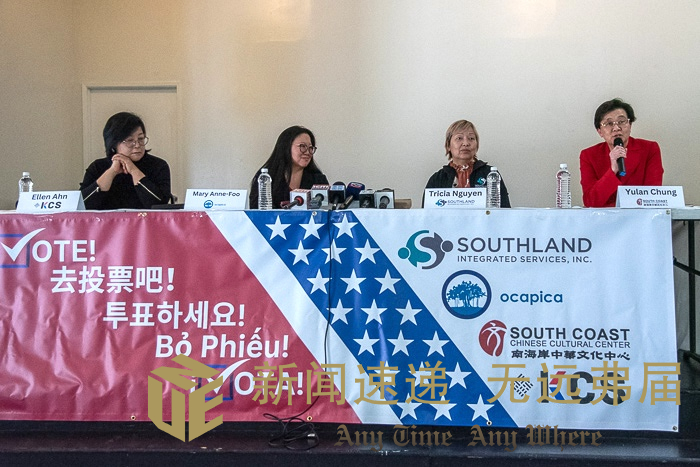
GARDEN GROVE, California — Leaders of the four largest Asian community-facing organizations in Orange County (Korean Community Services, OCAPICA, Southland Integrated Services, and South Coast Chinese Cultural Center) gathered Monday morning at a press conference in Garden Grove’s St. Anselm’s Episcopal Church to announce the start of concerted efforts to integrate civic engagement within their respective organizations to further stimulate voter registration.
Given the stark increase in Orange County’s Asian American demographic throughout the past decade, the population has reached nearly a quarter of the entire county population. This concerted effort between these four organizations is critical in this election year to ensure future policies and elected leaders of the community will be representative of the existing needs of the local populace.
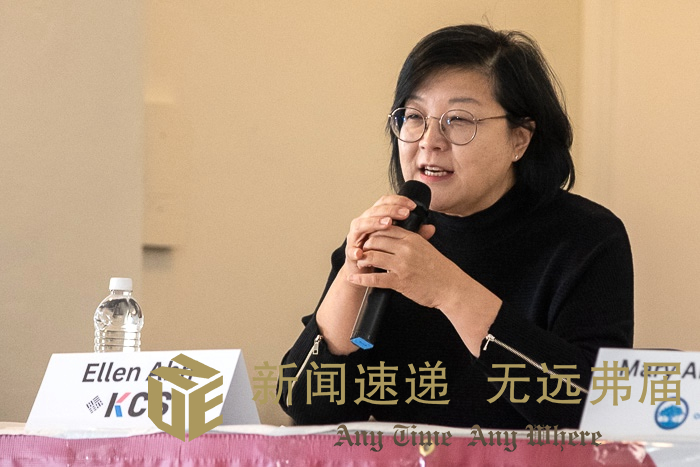
“We are the third largest Asian county in the United States, and the second largest Korean county in the country,” said KCS Executive Director Ellen Ahn. “Being such a large Asian county, it felt like we needed to do something, so this started with just some quick chatting, and here we are today, forming a collaborative called the Asian American Initiative.”
These efforts by the coalition, as accentuated by OCAPICA Executive Director Mary Anne Foo, are nonpartisan in nature, aimed toward encouraging and assisting marginalized Asian American communities to vote on the issues that affect them.
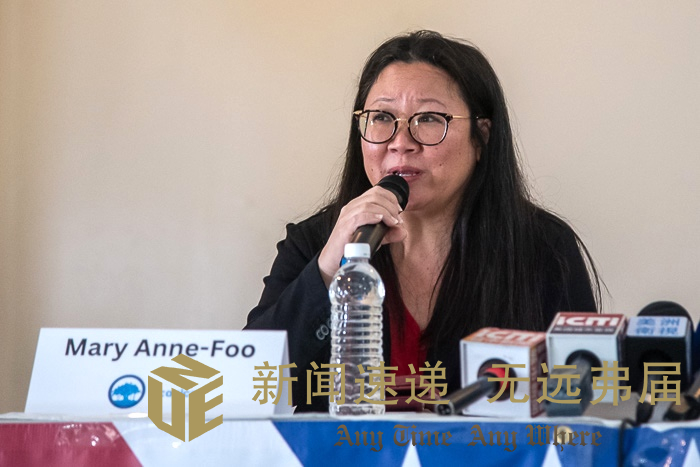
“The community is really concerned about the following issues: from affordable housing, to healthcare, to older adult care. We really want policymakers to listen to that,” said Foo. According to Foo, these community organizations currently reach thousands of individuals within their respective centers through both community and healthcare services, many of whom do not understand or are unaware of the process to register and ultimately vote.
“We really want our communities to have a voice, and know their power. By knowing that every single time they vote, it matters. The policymakers work for us, by voting we hold them accountable as well,” said Foo.
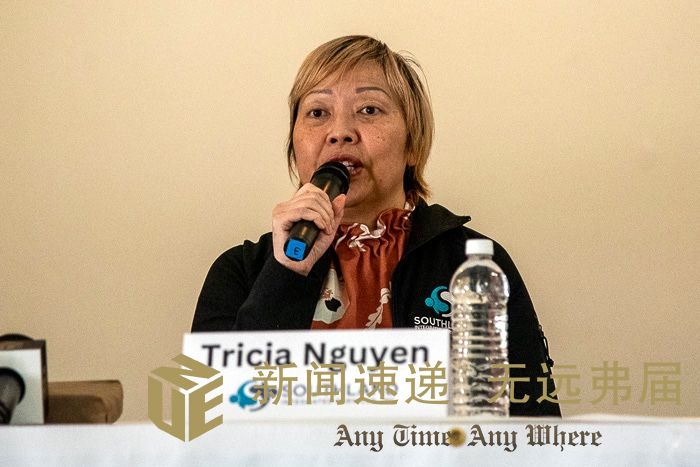
The endeavors of this coalition are aimed to have a greater effect than increasing voting
numbers, according to Southland Integrated Services CEO Tricia Nguyen, but they hope to train younger leaders to continue the work.
“We hope we can create a pipeline for younger leaders to become more influential, policymakers, and a lot of the youth have to be actually excited to want to make a change,” said Nguyen. The announcement included an initial plan to integrate civic engagement within their respective organizations to stimulate voter registration in marginalized populations.
“The first thing is texting, we are working through whether we can text in language, but [March 5], I believe a text will go out in English and we have already started doing phone banking in- language, mostly at [OCAPICA],” said Ahn. “We also hope to do some mailers in targeted cities.
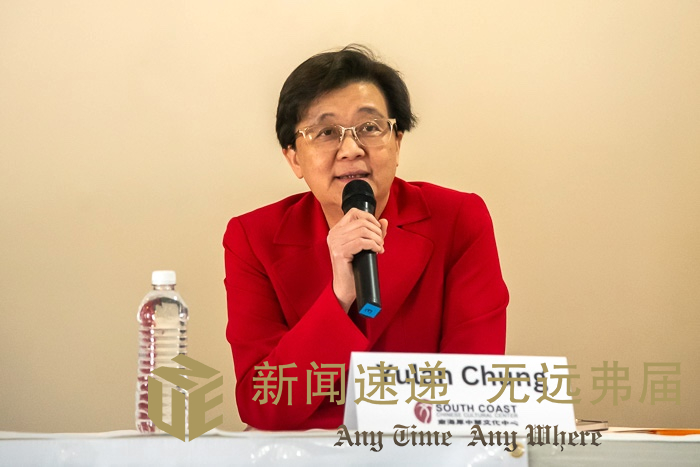
There are more cities that are more concentrated; however, Garden Grove, Irvine, Westminster, Fullerton, Buena Park are cities we will definitely be in.”
CEO of South Coast Chinese Cultural Center Yulan Chung emphasized the long-term focus for these organizations, and that the coalition does not plan on stopping until the last person in their communities knows how to vote.
“You hear us, this is just the beginning,” said Chung.



















